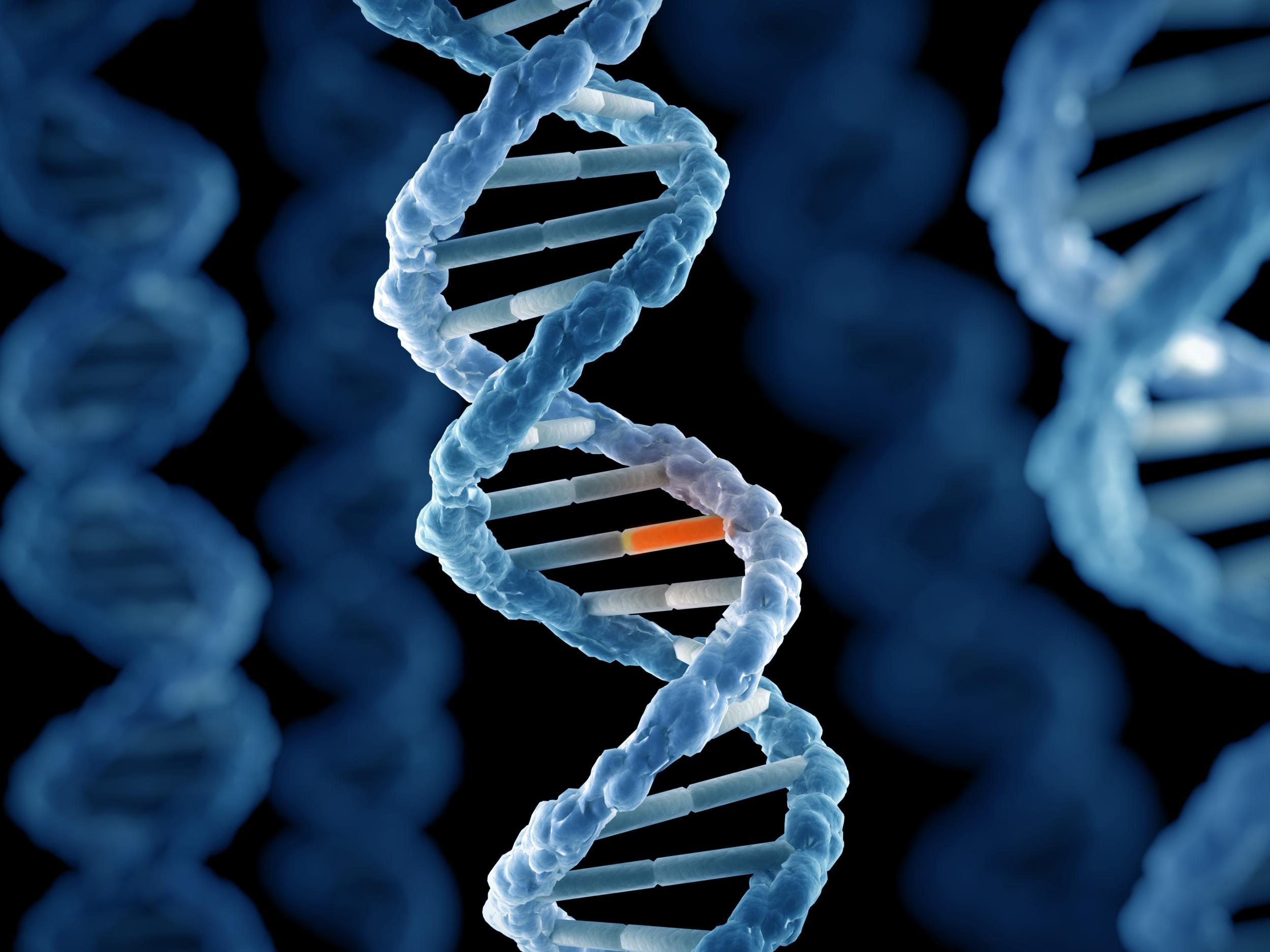Cot death risk increased by rare genetic mutation, finds study
The life-threatening mutation is nearly 300 times more common in babies who died from cot death than in the general population

Your support helps us to tell the story
From reproductive rights to climate change to Big Tech, The Independent is on the ground when the story is developing. Whether it's investigating the financials of Elon Musk's pro-Trump PAC or producing our latest documentary, 'The A Word', which shines a light on the American women fighting for reproductive rights, we know how important it is to parse out the facts from the messaging.
At such a critical moment in US history, we need reporters on the ground. Your donation allows us to keep sending journalists to speak to both sides of the story.
The Independent is trusted by Americans across the entire political spectrum. And unlike many other quality news outlets, we choose not to lock Americans out of our reporting and analysis with paywalls. We believe quality journalism should be available to everyone, paid for by those who can afford it.
Your support makes all the difference.Devastating cot deaths are more likely in newborn babies who carry a rare genetic mutation that weakens breathing muscles, researchers have found.
There are 300 deaths in the UK and 2,400 in the US each year attributed to sudden infant death syndrome (Sids), one of the leading causes of infant mortality.
The new research is the first evidence that genetics could be a contributing factor in Sids, the diagnosis given when seemingly healthy newborns die without explanation, according to the researchers from University College London and the US Mayo Clinic.
The study, published in The Lancet journal today focused on the SCN4A gene, which plays a role in regulating muscle control and where mutations cause a range of conditions, including spasms, which can make breathing and speaking impossible.
Fewer than five people in every 100,000 have a SCN4A mutation, making them extremely rare, but the study uncovered harmful mutant versions of the gene in four of 278 cot death victims.
Having one of the gene variants may leave some children with weaker breathing muscles, the researchers said.
Faced with extra stresses to breathing, such as tobacco smoke, getting entangled in bedding, or a minor illness or airway obstruction, infants may be less able to correct their breathing, cough or catch their breath.
Professor Michael Hanna, from the Medical Research Council Centre for Neuromuscular Diseases at University College London, said: “Our study is the first to link a genetic cause of weaker breathing muscles with sudden infant death syndrome, and suggests that genes controlling breathing muscle function could be important in this condition. However, more research will be needed to confirm and fully understand this link.
“While there are drug treatments for children and adults with genetic neuromuscular disorders caused by SCN4A gene mutations, it is unclear whether these treatments would reduce the risk of sudden infant death syndrome, and further research is essential before these findings can become relevant to treatment.”
The scientists stressed that faulty genes are probably not the sole cause of cot death, and safe sleeping measures were still essential to ensure a baby’s safety.
Although the cause of cot death is unknown, it is widely believed to be linked to breathing problems. Putting babies to sleep on their back, and not having them sleep in the same bed as a parent are both measures known to reduce the risk.
For the study, the researchers looked at tissue samples from 278 British and American children whose deaths remained unexplained despite thorough post-mortem investigations.
DNA from the samples was compared with that from 729 healthy adults with no history of heart, lung or neurological disease.
Not all SCN4A mutations are potentially lethal, the scientists said. The dangerous ones affected an “ion channel” protein that regulates the flow of electrically charged sodium into skeletal muscle.
In a linked comment accompanying the research paper, Dr Stephen Cannon, from the University of California in Los Angeles, said: “A better understanding of the causes of Sids is needed to identify infants at high risk and to develop interventions and guidelines that will prevent Sids for all infants.
“Overall, the evidence is compelling that variants of SCN4A with disruption of channel function are over-represented in Sids.”
Additional reporting by PA
Join our commenting forum
Join thought-provoking conversations, follow other Independent readers and see their replies
Comments